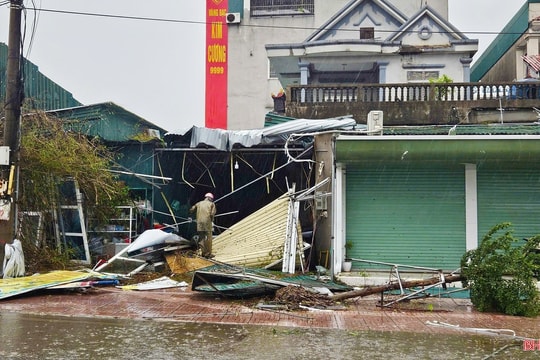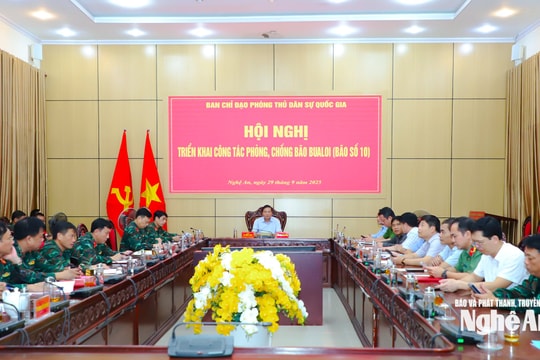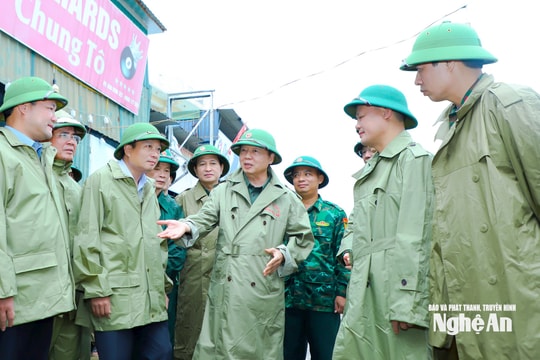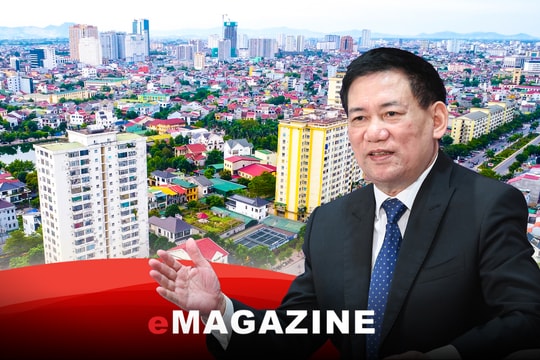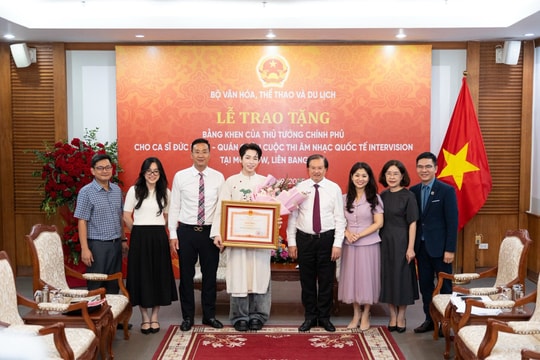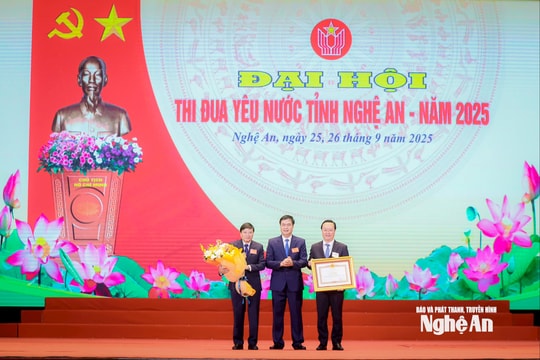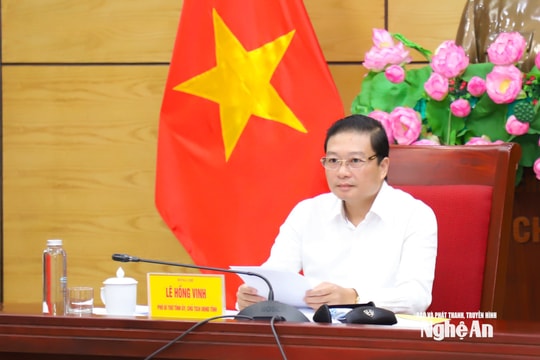The roots of instability in the “kingdom of black gold” Venezuela
(Baonghean) - Venezuela was shaken by the assassination of President Nicolas Maduro at the parade celebrating the 81st anniversary of the founding of the National Guard in the capital Caracas.
The failed assassination attempt shows that political instability in the South American country has reached a new level of tension and the challenge of maintaining control of the country for President Maduro is greater than ever.
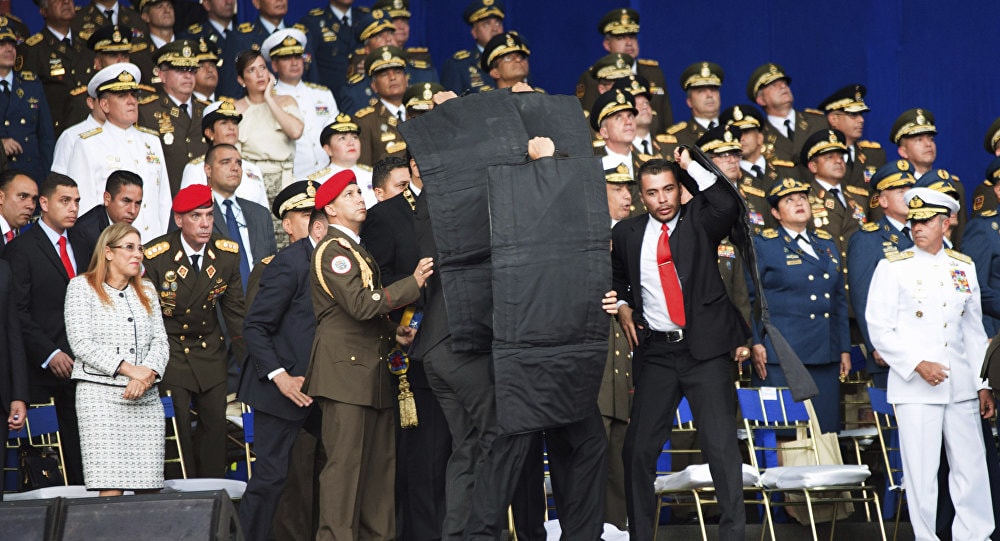 |
| Venezuelan President N. Maduro was protected from an assassination attempt during a military parade on August 4. Photo: AP |
Who did the assassination?
An event that symbolizes Venezuela’s national power suddenly turned chaotic and confusing after a loud explosion triggered by two drones. The attack was said by the South American country’s authorities to be an attempt to assassinate President Nicolas Maduro.
The incident immediately shocked Venezuela and attracted international attention. The biggest question being asked is “Who carried out this assassination?”. Up to now, all possibilities and suspicions have been raised but there is no official answer.
President Maduro, speaking on television after the attack, accused right-wing groups with links to Colombia of being behind the incident and said some of those involved had been arrested.
Mr. Maduro's accusation of Colombia's involvement is not surprising because the relationship between the two neighbors has been plagued by animosity and suspicion in recent times.
Colombia regularly accuses Venezuela of providing sanctuary to Revolutionary Armed Forces of Colombia rebels, while Caracas says Bogota is backing Washington to carry out subversive plots targeting it.
However, responding to Mr. Maduro's statement, a source from the Colombian Presidential Palace said this was an "unfounded" accusation.
The US side also affirmed that it had no involvement in the plot to assassinate Mr. Maduro and expressed suspicion that the Venezuelan government was “directing and acting on its own.” The statements from President Maduro show that the relationship between this country and the US and Colombia will fall into a new spiral of tension.
Meanwhile, the Flannel Soldiers - a mysterious rebel group consisting of civilian and military elements in Venezuela - has admitted to being behind the assassination plot.
Flannel Soldiers was founded in 2014 with the aim of unifying the opposition to President Maduro's policies. Before the assassination attempt, very few people knew of their existence.
| Security was tightened after the attack at the military parade in Caracas on August 4. Photo: Getty |
In a statement released on August 5, the group claimed to have carried out the attack to protest President Maduro's ruling policies that have plunged the country into a severe economic crisis.
There has also been some speculation that the Maduro government staged the attack as an excuse to crack down on opponents.
The lack of special security measures at the scene of the attack on August 5 has raised doubts about the investigation.
Regardless of who or what force was behind the assassination of the Venezuelan President, the attack on a major national celebration was clearly intended to attract widespread public attention inside and outside the South American country.
Objectively, political violence, regardless of its motive or purpose, must be condemned.
The challenge of the left-wing government
The assassination of President Maduro occurred in the context of Venezuela being besieged by challenges from both inside and outside the country.
Regarding the political situation, the division between Venezuelan parties is deepening, especially after the presidential election last May brought victory to Mr. Maduro for a second term.
Despite his victory, Mr. Maduro did not achieve the high percentage of votes as in the previous presidential election and the voter participation rate was low. After the election, some opponents from the opposition parties announced that they would not recognize the final results. These developments are clearly detrimental and risky for Mr. Maduro's power base and position.
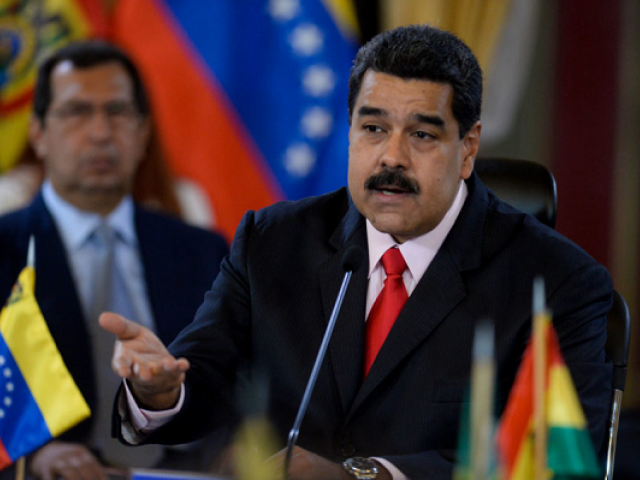 |
| Mr Maduro said there would be “maximum punishment” for those who attempted to assassinate him. Photo: AFP |
While the political situation is not yet settled, the escalating economic crisis seems to be “suffocating” the vitality of Venezuela. The country with a population of 30 million people has suffered from hyperinflation, scarcity of food, essential goods and medicine.
Recently, the International Monetary Fund affirmed that Venezuela's inflation rate could reach one million percent, equivalent to the crisis in Germany in the 1920s and in Zimbabwe in the 2000s.
In other countries, leaders can expect to revive the economy by promoting trade cooperation and increasing investment...
However, Caracas is facing sanctions from the US and the European Union, making it impossible for neighboring countries and partners to cooperate with Venezuela.
From a prosperous country thanks to "black gold" and a leading member of the Organization of Petroleum Exporting Countries, Venezuela has suffered heavy losses due to falling oil prices and an economic policy that failed to adapt.
Not long ago, Venezuela itself witnessed political violence after leader Hugo Chavez passed away in 2013.
Ahead of the presidential election that same year, Mr. Maduro, in his role as acting President of Venezuela, accused the US of plotting to assassinate opposition leader Henrique Capriles to cause chaos and spark a coup.
At the same time, Mr. Maduro also said that he was the target of an assassination plot by mercenaries from El Salvador who infiltrated Venezuela.
And now, as challenges pile up in Venezuela, the recent assassination is a wake-up call for the current leftist government in Caracas. Without measures to overcome these challenges, things will become even more complicated for Mr. Maduro when he is affected by negative internal impacts from the country combined with external pressure.
To stabilize and overcome the challenges, the important thing for Venezuela at this time is the consensus of all the people. In addition, recent developments also pose a problem for Venezuelan authorities in promoting economic and social reform policies so that the people continue to have faith in the leadership of the country by the left-wing government, headed by President Nicolas Maduro.

